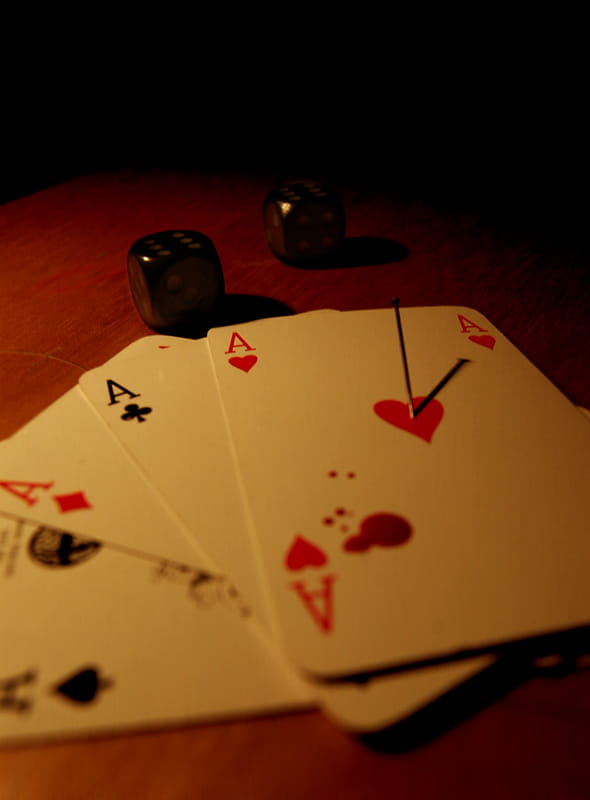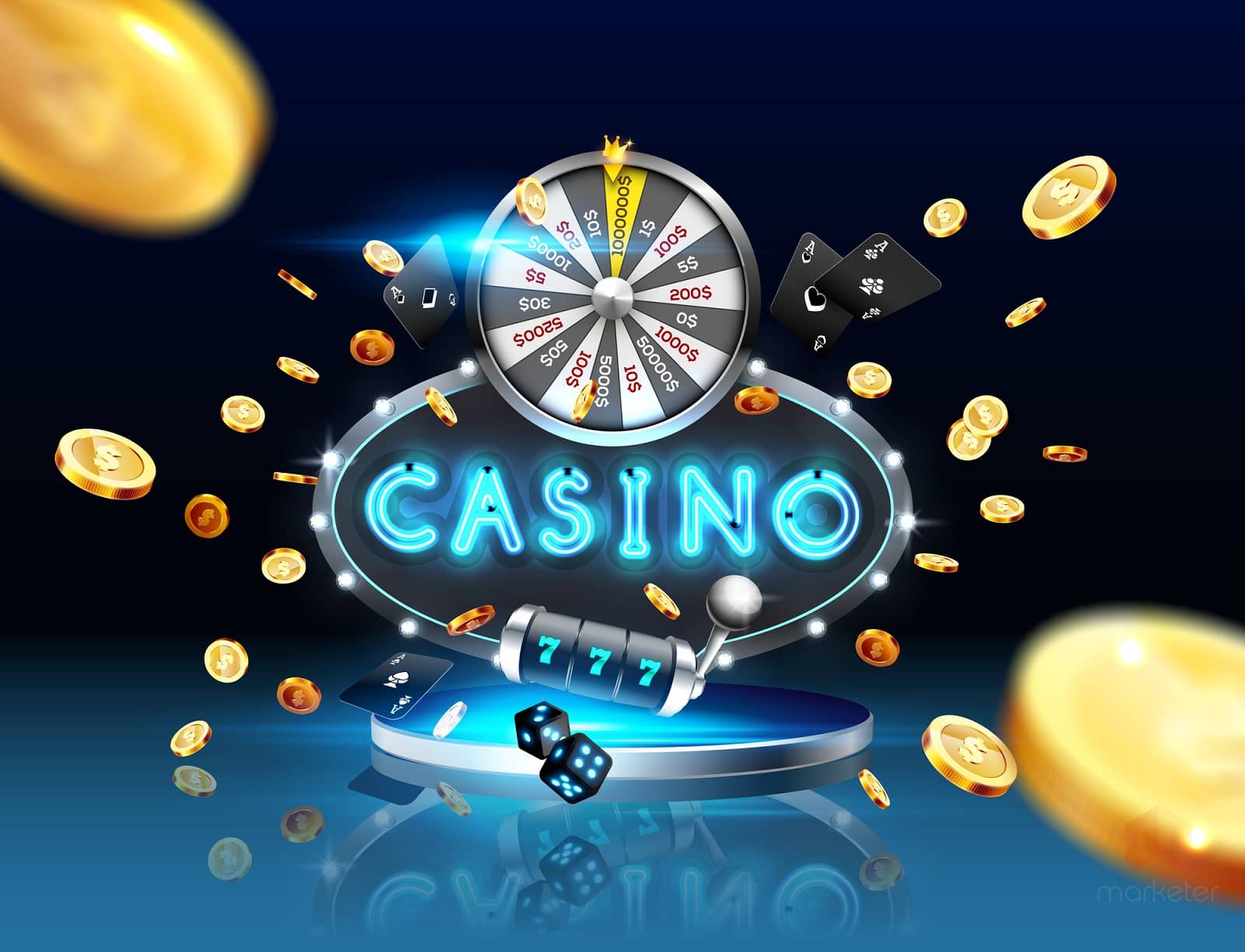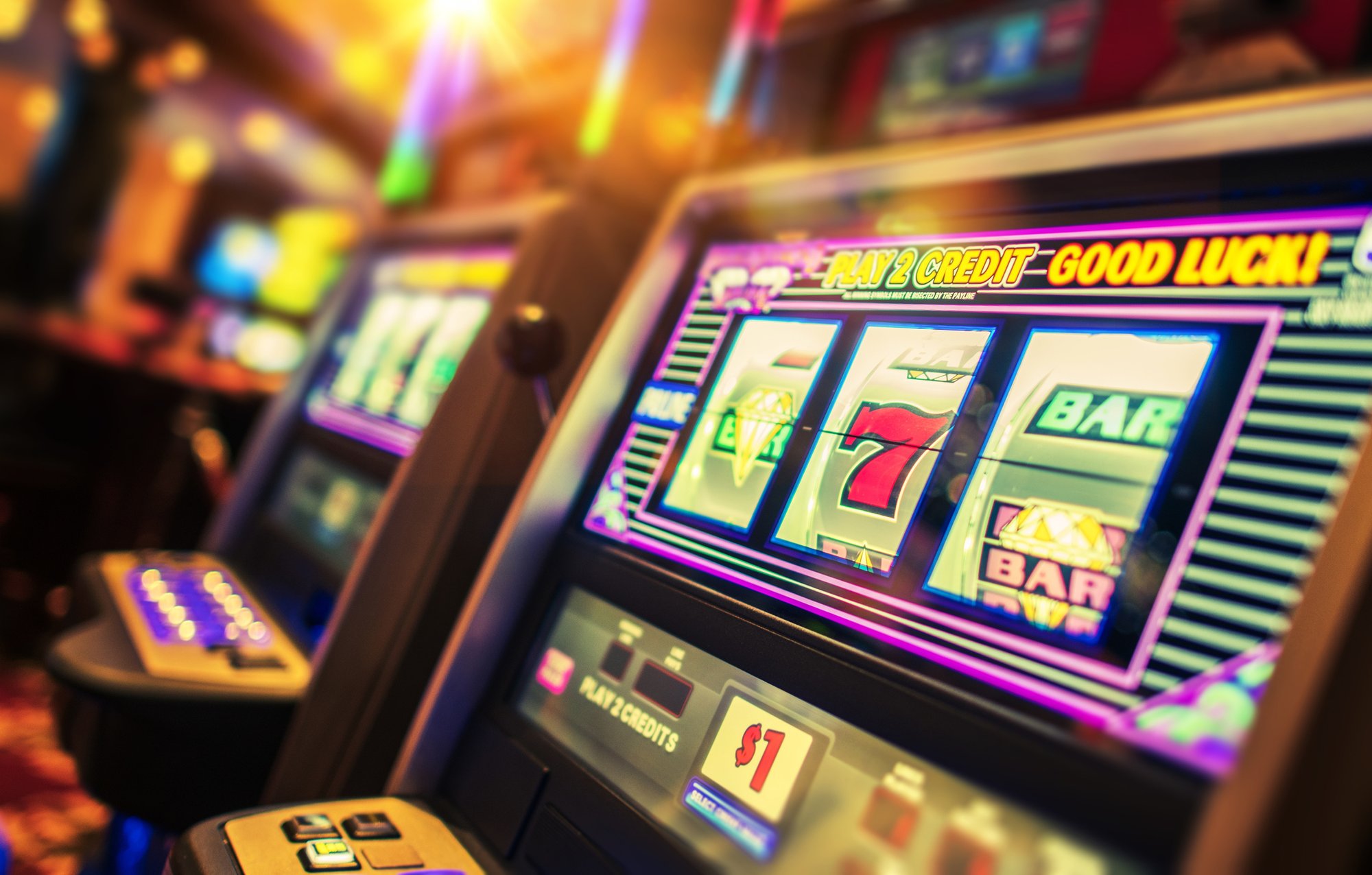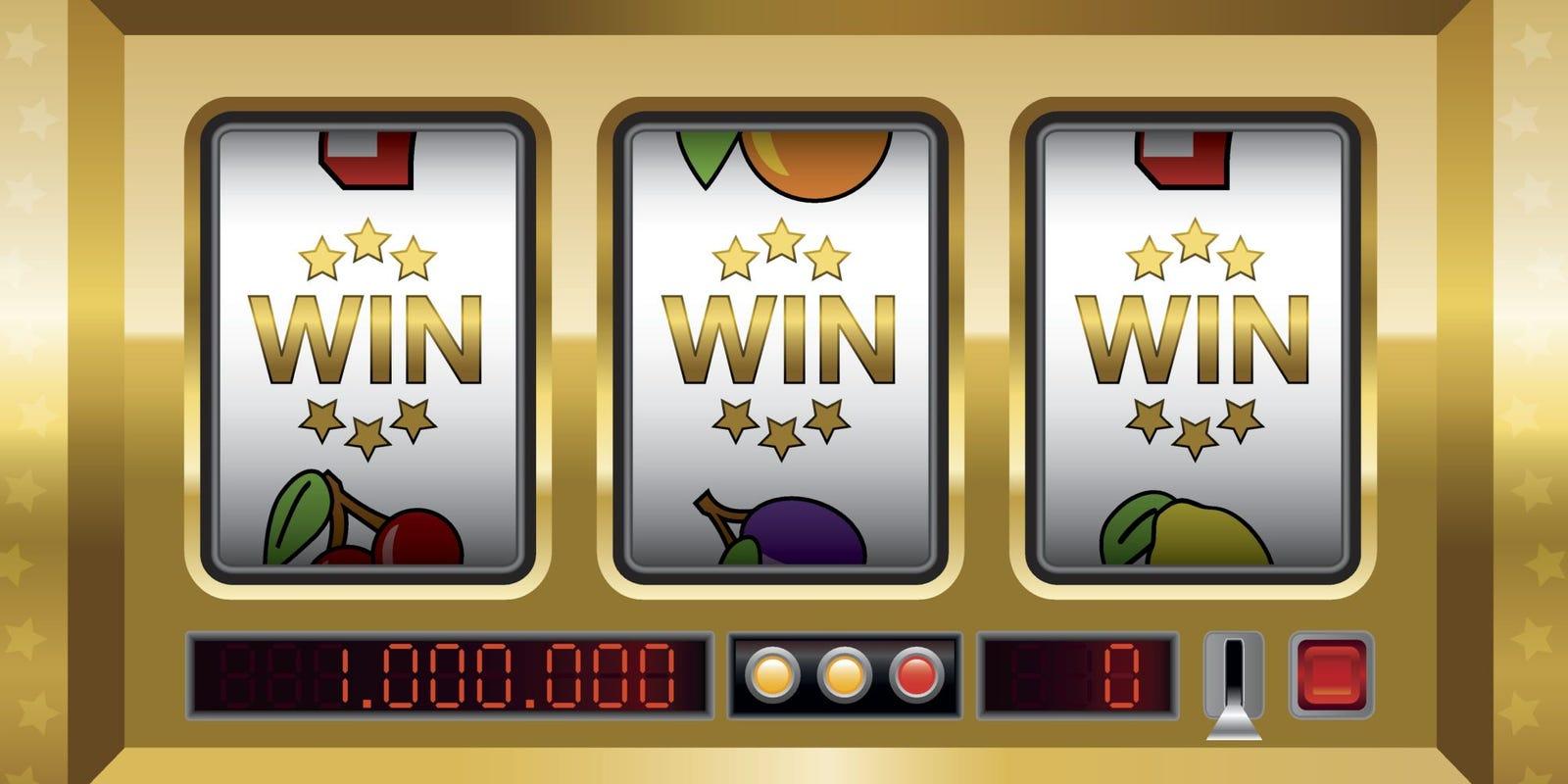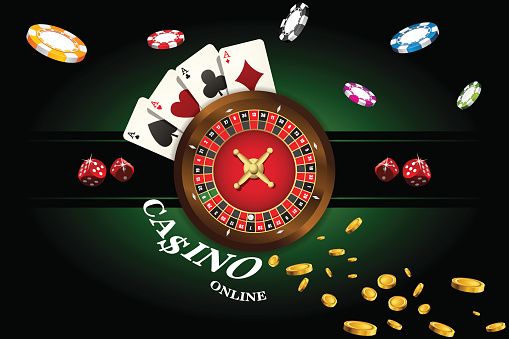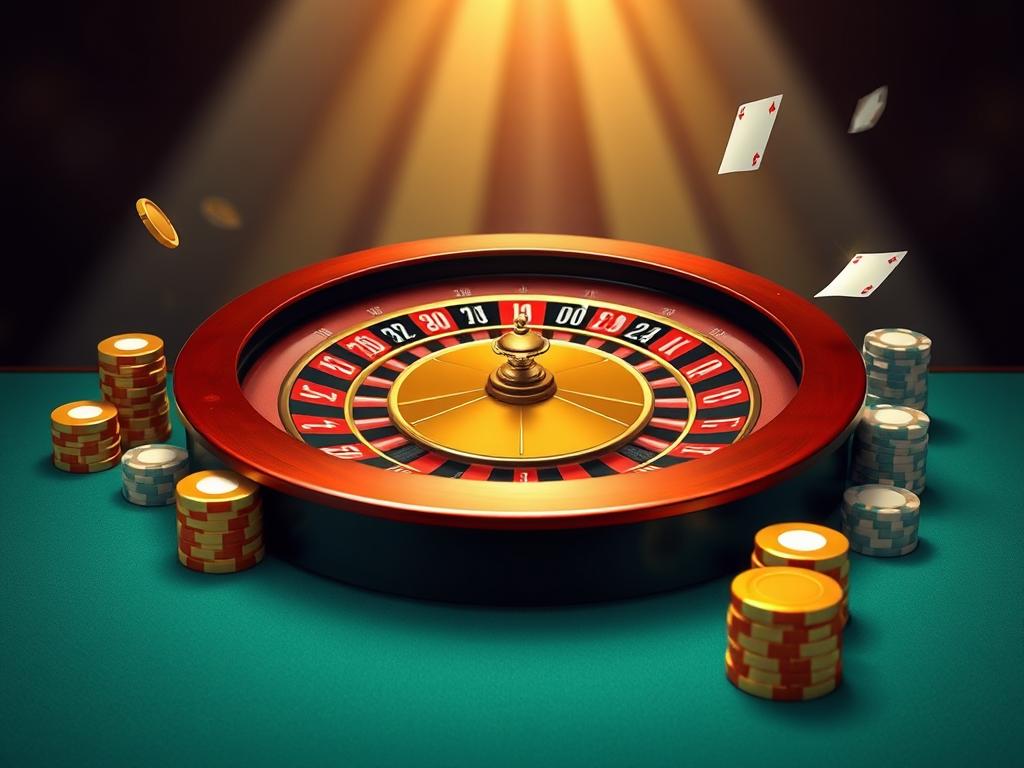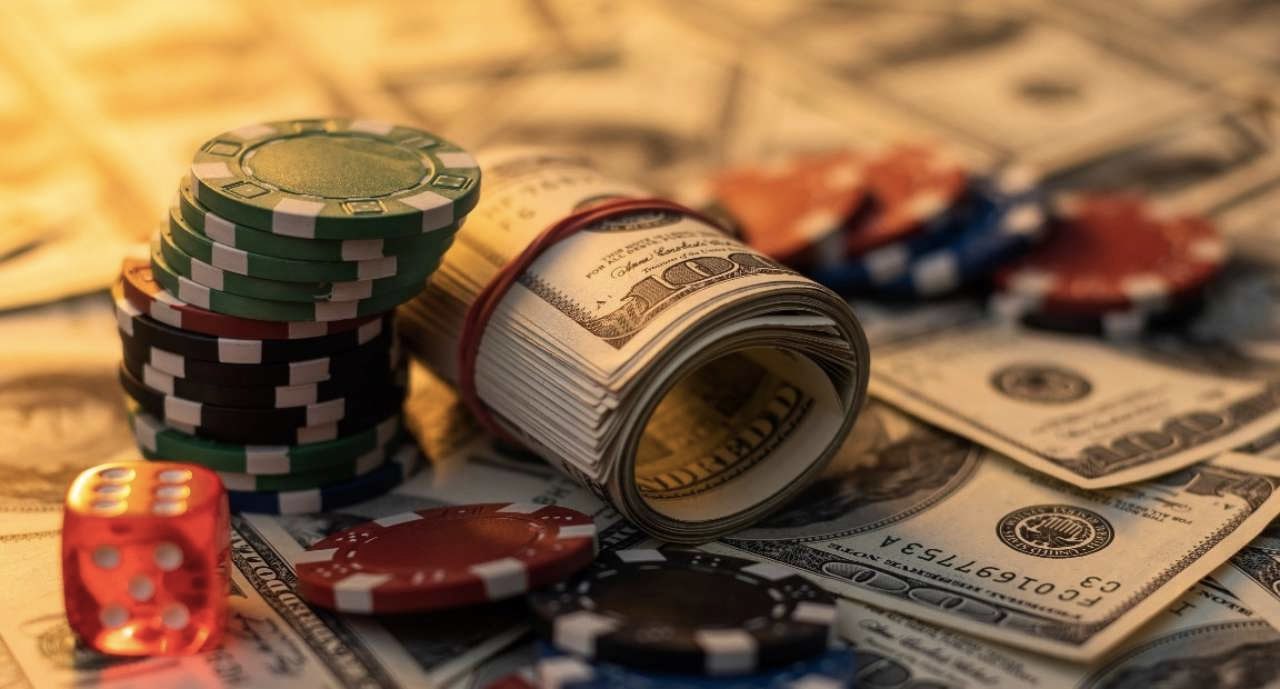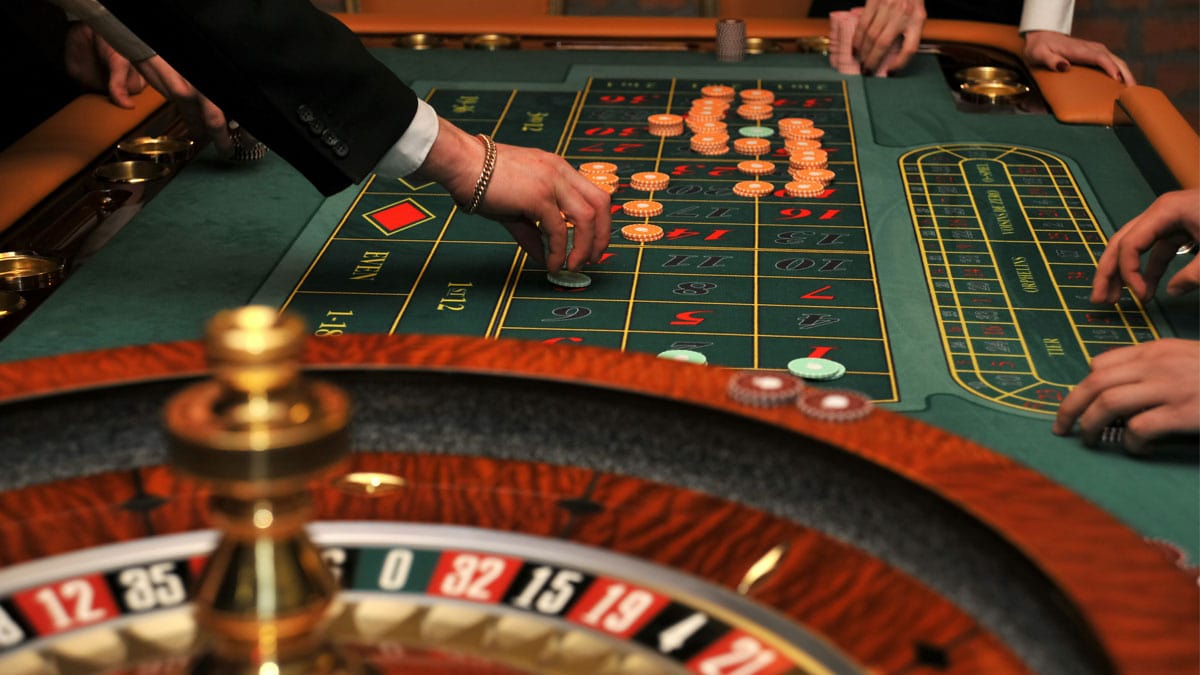Superstitions in gambling have accompanied the industry since its inception. Each culture, each player has their own system of signs, personal lucky charms, and taboos that no one dares to violate. It’s not numbers, but habits and small rituals that often determine the outcome of bets. The psychology of risk combines ancient magic and modern statistics — resulting in a vibrant field where every gesture can either be the key to victory or a signal of defeat.
Common Superstitions in Gambling
All around the world, players follow unwritten rules where every gesture can influence the course of the game. These superstitions are passed on orally, observed, and picked up as part of the collective gaming experience. They create a special atmosphere where intuition is just as important as calculation.
Superstitions Common in Casinos Worldwide:
- No whistling in the hall — it is believed that the sound takes away money.
- Never cross your arms while placing a bet — a sign of blocking the flow of luck.
- Avoid numbers 13 and 4 — in most cultures, these are symbols of misfortune.
- Do not start with a large bet — many believe that a large start will “scare off” luck.
- Knock on wood or the table after a win — to “solidify” the result.
- Ignore congratulations until the end of the round — it can break a winning streak.
- Always use the same set of chips — especially in card games.
- Do not change tables after a win — changing positions is seen as a risk.
- End the game after three consecutive wins — the “third number” in superstitions is always considered crucial.
- Do not play with empty pockets — in Asia, this means “leaving with nothing.”
Each of these practices works not as an algorithm, but as an internal setting. Players engage in them not out of fear, but to maintain emotional balance.
Repetitive Actions and the “Magic of Sequence”
Most superstitions are based on the effect of “magical thinking.” If red comes up five times in a row on the roulette wheel, many players will bet on black, believing it’s “time.” This mistake is called the “Gambler’s Fallacy” — in 1913, the roulette wheel at the Monte Carlo casino landed on black 26 times in a row, and visitors lost millions by persistently betting on red.
It is stories like these that give rise to superstitions in gambling. One result — and a rule is born. In London, the number 13 is called “dead” by dealers, and they avoid it whenever possible. In Macau, players do not gamble on Mondays — a day “without Fortune.”
Symbols that Bring Luck
In a casino, every item can take on a magical meaning if it once coincided with luck. Symbols become personal anchors of belief in good fortune, retaining their power regardless of rational arguments.
Lucky charms in casinos range from tiny figurines to socks with quotes. Among the popular ones are:
- Red socks — especially in Asian countries, as a symbol of energy and protection;
- Dreamcatchers — often worn by slot players, especially in American casinos;
- Coin placed under the sole — a classic for European roulette players;
- Dice on a chain — a symbol of confidence in victory;
- Image of a scarab beetle — an Egyptian sign of prosperity.
Each item creates an illusion of control. This is what makes superstitions in gambling resilient — players need to feel that they can influence something, even when statistics say otherwise.
The Psychology of Belief in Signs
Superstitions in gambling are based not on facts, but on patterns of perception. Players do not count — they interpret. Psychology here uses the scheme of “action — response — repetition.” If a win follows a specific action, the behavior is reinforced, despite the lack of a real cause-and-effect relationship.
The mechanism is the same as in a conditioned reflex: coincidence forms a rule. Psychologists call this the “illusion of control” — an attempt to subject randomness to one’s own actions. The game ceases to be chaos, turning into a conditional system where logic works: “if… then.”
Gambling triggers dopamine spikes, and superstitions stabilize expectations. Instead of expecting a miracle, there is confidence in sequence. This is how superstitions in gambling become not so much a way to influence the outcome, but a support in moments of uncertainty.
History: Traditions Established Over Centuries
Superstitions in gambling have deep roots in the distant past. In Ancient China, gambling was associated with spirits of luck — entrances to gambling houses were adorned with red lanterns, coins with square holes, and dragon symbols. Each figure reflected a wish for luck.
In medieval Europe, players wore crosses and pouches of salt on their bodies to ward off the evil force of losing. In the East, there was a ritual: before placing a bet, a person washed their hands to “cleanse the energy.” These customs have passed into modern times, adapting to the realities of the industry.
In 18th-century France, it was believed that putting on the right shoe first brings luck. Today, this “ritual” has survived to modern poker: many professionals start their day with a specific foot — literally. Thus, traditions continue to live on, just changing their form.
Superstitions in Gambling: Key Takeaways
Superstitions in gambling are not just a random touch of exoticism, but an embedded mechanism of adaptation. Players use them as part of their strategy, often without realizing it. On one side — rules, probabilities, and mechanics. On the other — belief, signs, and a sense of flow.
Fortune is blind, but the human mind seeks structure. Therefore, casinos will continue to operate not only by the laws of mathematics but also by superstitions.

